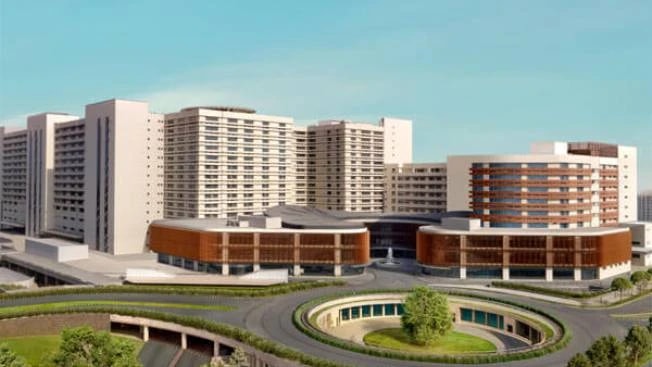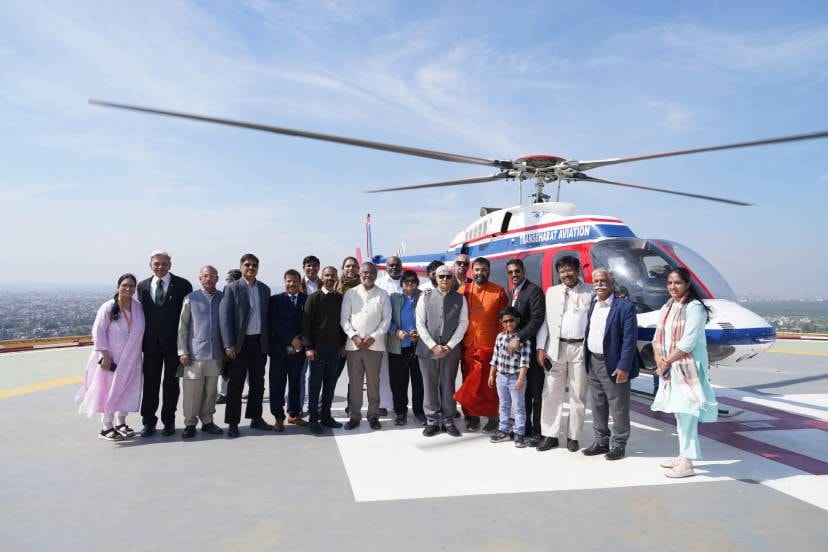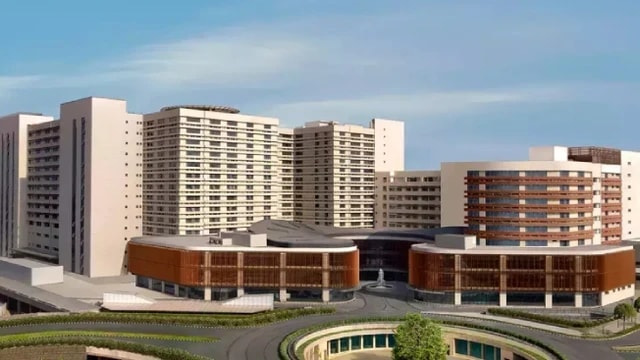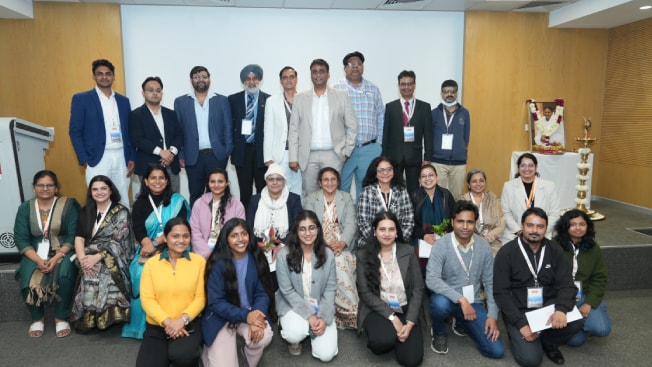
With Parkinson's disease (PD) prevalence rates ranging from 15 to 43 per 100,000 population, India is emerging as a leading hub of patients with this neurological condition, said doctors at Amrita Hospital, Faridabad. With such statistics, India is poised to have one of the highest absolute numbers of PD patients globally. Nearly 40-45% of these Indian patients experience the early onset of motor symptoms between the ages of 22 and 49, categorizing them as having early onset Parkinson's disease.
Parkinson's disease, a progressive neurodegenerative disorder, impacts movement due to a deficiency in Dopamine, a vital brain substance. Traditionally viewed as an affliction of the elderly, in recent times the age group which is affected by this disease has reduced notably. A notable shift is the substantial number of individuals with early onset PD, occurring before the age of 50. Recent data underscores this trend, revealing an average onset age in India of 51.03 ± 11.32 years, which is a decade younger compared to global averages. Men are globally more susceptible to this disease than women.
Dr. Sanjay Pandey, HoD, Neurology and Stroke Medicine, Amrita Hospital, Faridabad said, “Early detection and effective management of Parkinson's disease play a pivotal role in enhancing symptom management, slowing down disease advancement, and averting complications, thereby enhancing the patient's overall quality of life. Characterized by symptoms such as reduced movement speed, stiffness, tremors, and impaired balance or posture, Parkinson's can substantially disrupt daily activities and mobility, leading to distress. Parkinson's disease patients contend not only with motor symptoms like tremors, slowness, stiffness, and postural instability but also grapple with often overlooked non-motor manifestations such as sleep disturbances, anxiety, depression, and cognitive impairments.”
“Addressing the multifaceted challenges of Parkinson’s Disease necessitates a comprehensive approach involving collaboration between neurologists, physical therapists, and psycho-social support systems. Levodopa/Carbidopa emerges as a cornerstone pharmacological intervention for Parkinson's management, enabling many patients to maintain near-normal lifestyles. However, as the disease progresses, medication efficacy diminishes, prompting consideration of surgical interventions like Deep Brain Stimulation (DBS). This cutting-edge procedure entails implanting a small electrode in the brain, offering effective symptom control and relief from Parkinson's-related complications,” said Dr. Anandh Balasubramaniam, HoD, Neurosurgery, Amrita Hospital, Faridabad.
Food intake and nutrition has a very important role to play in the management of this disease too. A well-balanced diet goes a long way in aiding patients who have undergo surgery, not only to combat Parkinson’s better but also to heal well after a surgical procedure.
Ms. Charu Dua, Chief Clinical Nutritionist, Amrita Hospital, Faridabad said, “Regular monitoring of nutritional status is vital for individuals with Parkinson's disease as poor nutrition can significantly impact their health outcomes. Parkinson's patients often experience significant weight loss, increasing the risk of malnutrition and exacerbating disease severity. Therefore, it's essential to maintain a balanced diet, consume meals at shorter intervals, and ensure adequate hydration. Incorporating healthy fats and spreading out protein intake throughout the day can optimize medication effectiveness and support muscle health. Additionally, a high-fiber diet can help prevent constipation, a common issue in Parkinson's patients. Furthermore, including flavonoids from sources like soy, known for their osteogenic effects, may offer neuro-protective benefits. Likewise, polyphenol-rich foods such as berries, nuts, broccoli, and olive oil possess antioxidant properties that can potentially protect against neurodegeneration. By prioritizing these dietary strategies, individuals with Parkinson's can better manage their symptoms and improve their overall quality of life.”
Rehabilitation is also an important aspect of managing PD as it improves mobility and function in patients of Parkinson's disease through physical, occupational & speech therapy.
Amrita Hospital launched ‘SAATHI’, which is a Patient Support Group, ahead of World Parkinson’s Day (April 11). Patients can join this support group by sending a request through website This initiative, which included a patient awareness program, was carried out with the vision of people coming together and spreading awareness regarding the disease. One of the major aims of the program was to detach the stigma that revolves around the disease and its management, especially surgical management, or deep brain stimulation.
Dr. Sanjeev K. Singh, Medical Director, Amrita Hospital, Faridabad and Swami Nijamritananda Puri, Administrative Director, Amrita Hospital, Faridabad in a joint statement said, “We at Amrita Hospital, Faridabad, are deeply committed to advancing Parkinson's disease awareness, management, and treatment. We recognize the significance of early detection, comprehensive care, and patient support in improving the quality of life for individuals living with Parkinson's. Our multidisciplinary approach, encompassing neurology, neurosurgery, clinical nutrition, and rehabilitation, ensures that patients receive holistic care tailored to their unique needs. Through initiatives like ‘SAATHI’, we strive to empower patients and their families with knowledge, support, and hope on their journey towards better health and well-being.”


